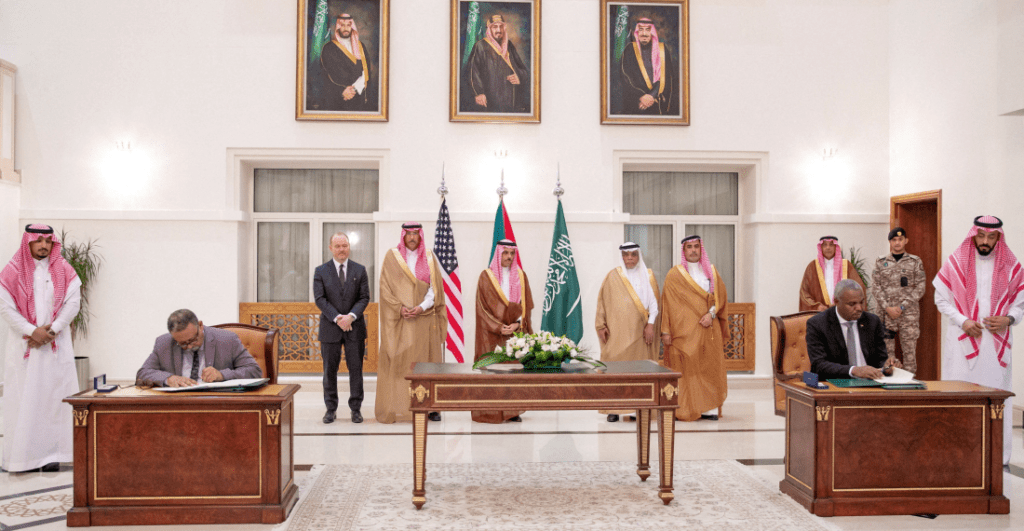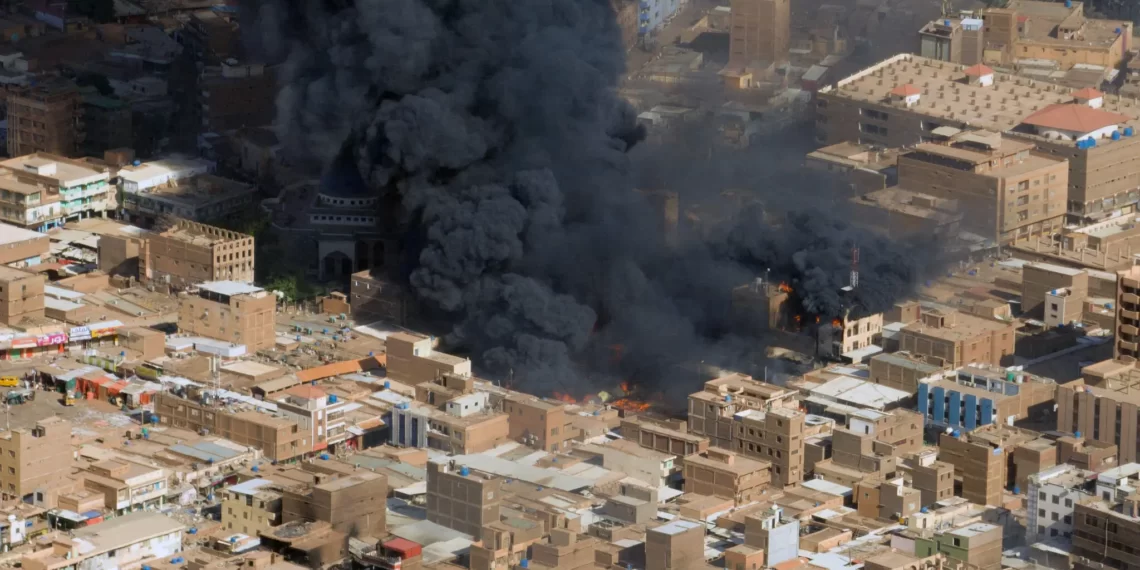Sudan has been plucked into horrific conflict after tensions between the Sudanese Army and the paramilitary Rapid Support Forces, escalated into a full blown warfare.
Following the escalations, violence has spread through various provinces of Sudan, with Khartoum as the pivot of the war, and reigniting the frozen Darfur conflict.
With regards to Darfur, evidence and other accounts of survivors, have shown that, there have been increasing act if ethnic cleansing perpetrated by the RSF and its fighting alliance, where non-Arab Masalit tribes, have been the target of RSF and its allied militias.
Fear of a repetition of the 2003 genocide which amounted to more than 300,000 deaths, has been rekindled by the conflict in the western area of Sudan.

Weeks ago, the UN office for Human Rights revealed that, the remains of 87 people were discovered in a mass grave close el-Geneina, the capital of the Western Darfur Province. The Human Right Office has apportion blame on the RSF and allied militias of committing such crimes.
After 100 days of war, Sudan has suffered a horrific death toll, which has reignited tribal disputes, raising concerns that, the conflict could destabilize the surrounding area.
Data from Sudanese health officials have revealed that, over 3,000 lives have been perished, since the war commenced. Also, the International Organization for Migration statistics detailed that, there have been over 2.6 million internally displaced people, due to the intensity of the conflict. The data further stated that, more than 750,000 Sudanese have fled the war to neighboring countries.
One of the mission that both parties have found it difficult to achieve, is guaranteeing the safety of the civilian population.
Peace Talks
It seems clear that, the warring parties have ignored the hopes of resolving the conflict with negotiations, because as all international efforts have ended up fruitless.

The two warring parties consented to dispatch delegations to Jeddah, in May to begin negotiations, officiated by Riyadh and Washington. A minimum of 16 cease-fire talks ensued, each of which failed on its first day of implementation.
The Sudanese Army however, pulled out of negotiations, accusing the RSF of violating previous agreements, by attacking civilian populations. Though, no official declaration has been made, but it is believed the Army may return to the negotiating table after series of confrontations between the Army and Jeddah.
Moreover, the African Union (AU) revealed its own proposal after the Jeddah talks fell through and fighting raged. In addition to resolving the lingering dispute, it also involved the commencement of political discussions between the military, civilian, and other actors in the nation to establish constitutional provisions for a transitional period and the establishment of a civilian government.
The summit hasn’t yet produced any significant outcomes, despite meeting three times, the most recent being on June 1, and declaring vague pronouncements.

The Army however, concur to a Summit, organized and chaired by the Abdel Fattah el-Siisi, President of Egypt. Leaders of seven bordering nations to Sudan, along with the Secretary-General of the Arab League and Chairman of the AU Commission, participated in the Cairo summit.
Abdel Fattah el-Siisi detailed a plan to establish a long-term cease-fire, create humanitarian aid corridors, and create a framework for negotiation that would involve all Sudanese political parties.
A proposal to establish Ministerial body, made of the seven bordering countries to Sudan, to resolve the impasse, was reached. The ministerial body will involve the seven Foreign Minister of those countries. Both the Military and the RSF heaped praises on the plan.
On the other hand, experts have cautioned against the benefit of having many diplomatic approaches for a resolution.
“There is an egregious failure of diplomacy here, we see too much competition and too little cooperation. Diplomacy has not been there and this is because it’s not high enough on the agenda, especially for the US.”
Alan Boswell, International Crisis Group’s Project Coordinator.



















